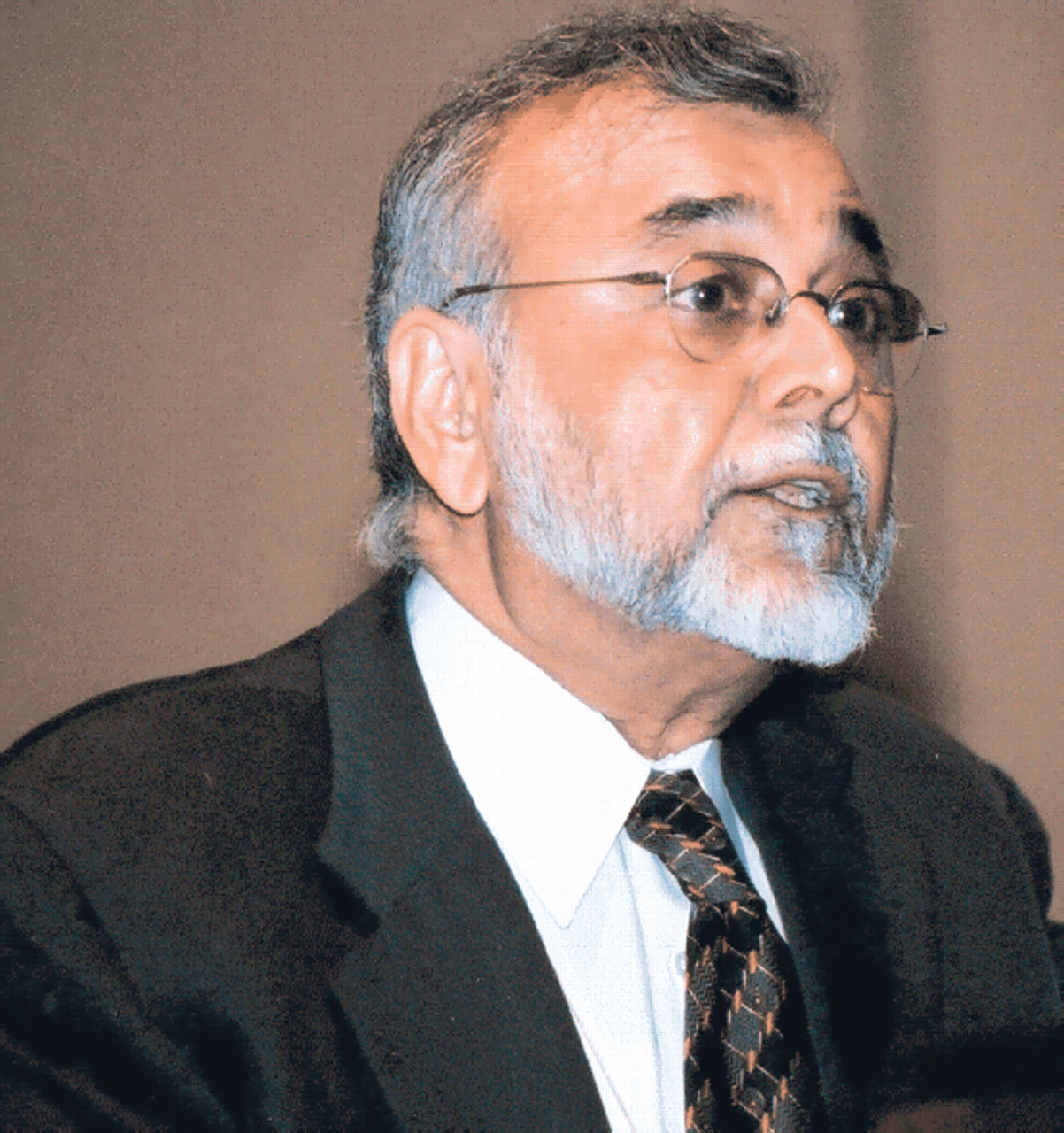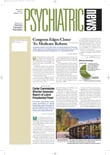Altha Stewart, M.D., finds this a particularly propitious time for APA’s Steering Committee to Reduce Disparities in Access to Psychiatric Care to present its draft recommendations.
The committee, of which she is co-chair with R. Dale Walker, M.D., was appointed by then-APA president Richard Harding, M.D., to develop recommendations for an APA response to the U.S. surgeon general’s report, “Mental Health: Culture, Race, and Ethnicity”
(Psychiatric News, May 3, 2002).
See box below for the report’s recommendations.
“We are well-positioned to move forward,” she told Psychiatric News, because of a “convergence of factors” that are focusing attention on the complicated array of problems that prevent access to mental health care.
In its report to President George W. Bush in July, the New Freedom Commission on Mental Health highlighted problems of access and the disproportionate price for those barriers paid by members of minority groups.
Prakash Desai, M.D., speaker of the APA Assembly, announced that access will be the theme of his tenure in office and has commissioned a special report on the topic.
In April APA’s Board of Trustees approved “A Vision for the Mental Health System” (Psychiatric News, May 16).
APA President Marcia Goin, M.D., recently appointed the Ad Hoc Task Force to Actualize the Vision, which is chaired by immediate past president Paul Appelbaum, M.D.
Stewart said, “Our committee was asked to provide information for the vision statement on disparities in access to care.”
Desai said, “I’m very pleased that APA is zeroing in on the issue of access from various perspectives. This kind of synergy is most welcome. As we plan our November Assembly schedule, I am certain we will want to hear from both the [disparities] committee and the ad hoc task force.”
In addition to Stewart and Walker, the committee members are Harding, Carl Bell, M.D., Edward Foulks, M.D., Ph.D., Francis Lu, M.D., Patricia Ordorica, M.D., and Pedro Ruiz, M.D.
Members took a pragmatic approach to their task. “We knew there might not be much money to underwrite recommendations, so we tried to identify areas in which we could enhance existing work and integrate our proposed activities into the overall APA strategic plan,” which focuses on five major goals, Stewart said.
APA’s five strategic goals are advocating for patients; advocating for the profession; supporting education, training, and career development; defining and supporting professional values; and enhancing the scientific basis of psychiatric care.
Committee members initially identified four key areas to focus their work on eliminating disparities and later combined, modified, and added to those categories as a result of their discussions and review of the literature.
The categories, which to a large extent parallel APA’s strategic goals, are expanding the scientific base of psychiatry; enhancing access and reducing barriers; supporting education, training, and career development; and promoting mental health through collaboration and advocacy. When the committee makes its final report, each category will be accompanied by specific action steps that build on current activities.
Stewart said, for example, that efforts to increase access will expand on APA’s efforts to help states fight Medicaid cuts to mental health services.
In terms of collaboration, she said that APA already had developed good relationships with national organizations such as the National Alliance for the Mentally Ill (NAMI) and the National Mental Health Association.
“Now,” she added, “we must make certain those relationships occur at the district branch level and that other organizations, such as the National Pacific Islander Association, National Latino Behavioral Health Association, and National Organization of People of Color Against Suicide, become part of our portfolio.”
Stewart spoke at the plenary session of NAMI’s annual convention in June 2002 about the impact of health care disparities and the work of APA’s committee.
She later spoke from the perspective of an African-American psychiatrist to organizers of NAMI’s multicultural and international outreach (MIO) center and represents APA on the NAMI-MIO partner coalition.
“We’ve developed a new term—cultural disability burden—during the course of our committee’s work,” Stewart told Psychiatric News.
The phrase is intended to convey the effects of the combination of stigma toward mental illness and racial discrimination on the individual and society.
Before this month’s APA component meetings, a draft of the report and recommendations will be circulated to the councils on Healthcare Systems and Financing, Minority Mental Health and Health Disparities, Medical Education and Lifelong Learning, Research, and Social Issues and Public Psychiatry.
Stewart expects the committee to present an update at the October Board of Trustees meeting, with the final report to follow soon after.
The committee received a grant of $15,000 from the American Psychiatric Foundation to carry out its work.
Harding said, “This committee represents APA at its best. While conserving scarce resources, the members were able to capitalize on and enhance the growing efforts to eliminate disparities in access to care and to gracefully place our profession in the forefront of the movement to provide quality mental health care for all Americans.”
APA Medical Director James H. Scully Jr., M.D., also lauded the work of the committee. “I am especially proud of our members who are undertaking efforts to help those who need help the most. Their efforts go beyond self-interest. This kind of activity is the mission of APA and what makes us a professional rather than a trade association.”
The surgeon general’s report, “Mental Health, Culture, Race, and Ethnicity,” is posted on the Web at www.surgeongeneral.gov/library/mentalhealth/cre/. ▪

